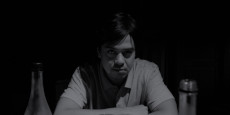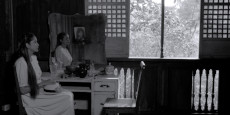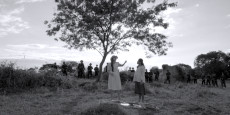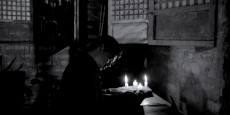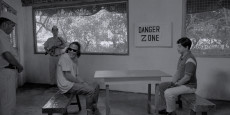Insang Salaysay ng Karahasang Pilipino
A TALE OF FILIPINO VIOLENCE
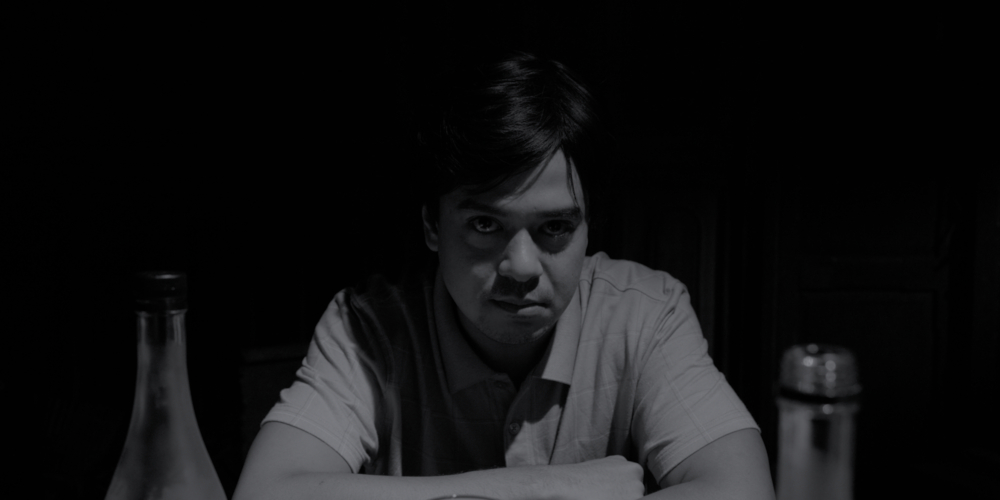
2022, 412 minutes, The Philippines, 1.78, Black & White, 5.1 Sound, in Tagalog with English subtitles
Sales/Festivals: Diversion (Thailand)
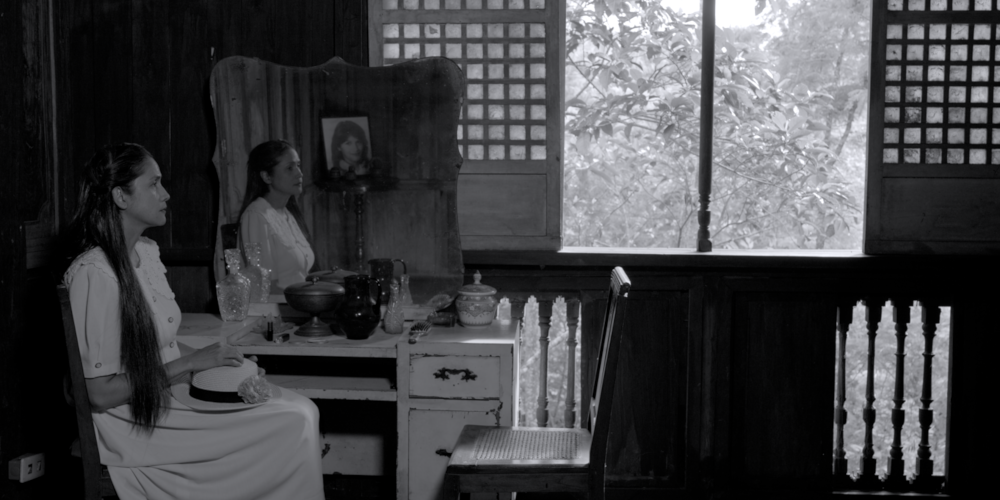
Synopsis:
With the imminent death of his autocratic grandfather, coinciding with the burgeoning oppressive regime of Ferdinand Marcos, Servando Monzon VI, inheritor of the hacienda and businesses of his powerful clan, agonizes on becoming the new feudal lord and capitulating with Marcos’ designs to control the Philippines. He is aware of his clan’s long history of violence; he knows the very violent history of his county; and he foresees a very violent future with the Marcos dictatorship.
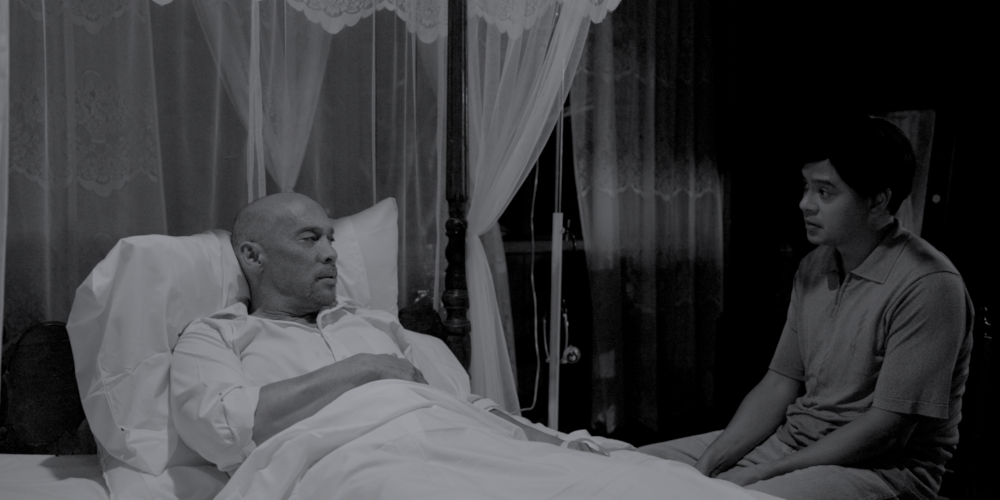
Director's Statement (excerpt)
This is a film made for television, or I 'construct' a film from a commissioned television series; my first. I accepted the challenge because it was an adaptation of my favorite Filipino short story, Servando Magdamag, a classic of Philippine literature, and written by Ricardo Lee, the venerable giant of Filipino scriptwriting. It was a chance to crack on an impregnable work. Nobody ever dared to adapt the piece; that's how fortified the nature of the work is. My version will surely run the risk of being seen as sacrilege.
The short story is a deep treatise on the agrarian issues and feudal setup of Filipino society. My adaptation, while being true to its vision, discoursed further on the issue of trauma and fractures on the psyche as caused by interminable violence (in all its forms).
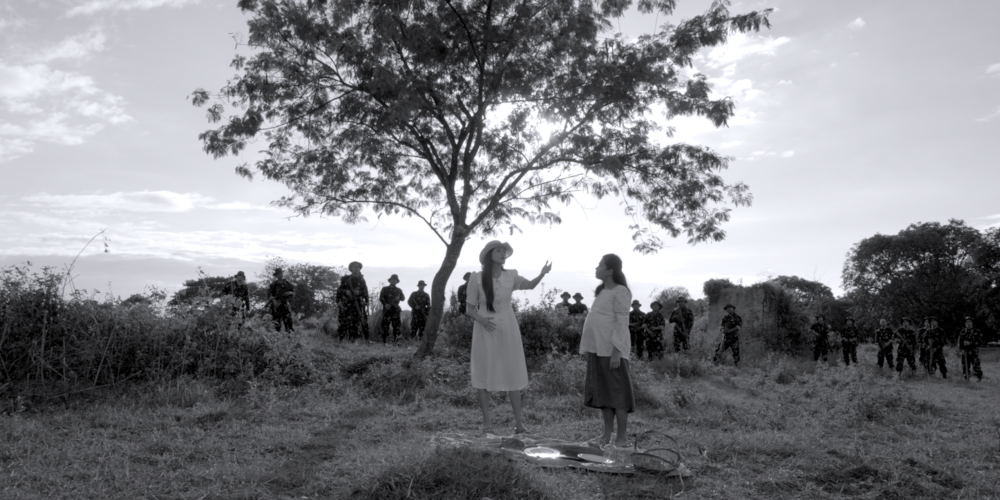
About the Director:
Lavrente Indico Diaz aka Lav Diaz is a filmmaker from the
Philippines who works as director, writer, producer, editor,
cinematographer, poet, composer, production designer and
actor all at once. He is especially notable for the length
of his films, some of which run for up to eleven hours. That
is because his films are not governed by time but by space
and nature. His films are about the social and political
struggles of his motherland and through these, he has
garnered the admiration of the international festival
circuit.
Since 1998 he has directed twelve films, and won several
international awards. His 2002 film Batang West Side won
Best Picture at the Singapore International Film Festival,
plus awards at the Independent Film Festival of Brussels,
Gawad Urian, and Cinemanila International Film Festival. He
also received a Gawad Urian for his 2005 film Evolution of a
Filipino Family and Special Jury Prize at the Fribourg
International Film Festival in 2006 for Heremias, Book
One. His film Death in the Land of Encantos,
was the closing film of the Orizzonti section of the Venice
Film Festival 2007, and was awarded a Golden Lion Special
Mention. His 2008 eight-hour film Melancholia, a
story about victims of summary executions, won the Orizzonti
Grand
Prize at the 65th Venice International Film Festival in
2008, and Florentina Hubaldo, CTE has received Best
Film at Images Festival, Toronto and Jeonju International
Film Festival in 2012. In 2010 he received a Guggenheim
Fellowship and in 2011 joined the Board of Directors for
Cine Foundation International. The Venice Film Festival
calls him “the ideological father of the New Philippine
Cinema”.
In 2013, his film Norte, The End of History is
presented at Un Certain regard Cannes Film Festival and
considered as “one of the most beautiful film seen in
Cannes” (Jacques Mandelbaum, Le Monde) or even “quite
possibly the best film there” (Daniel Kasman, Mubi), a
“superb piece of focused narrative” (Jonathan Romney,
Screen) – a broadened international recognition that earns
him to be invited at FID Marseille to be part of the
Official Competition Jury and eventually at the 2013 Locarno
Film Festival as the President of the Jury. His film “Mula
sa Kung Ano ang Noon” (From What is Before) won
the Golden Leopard in Locarno Film Festival. The following
year, his eight-hour film “Hele sa Hiwagang Hapis” (A
Lullaby to the
Sorrowful Mystery) won the Silver Bear Alfred Bauer
Prize in Berlin International Film Festival and “Ang
Babaeng Humayo” (The Woman Who Left) bagged the
Golden Lion Prize in the Venice International Film Festival,
the oldest film festival in the world.




